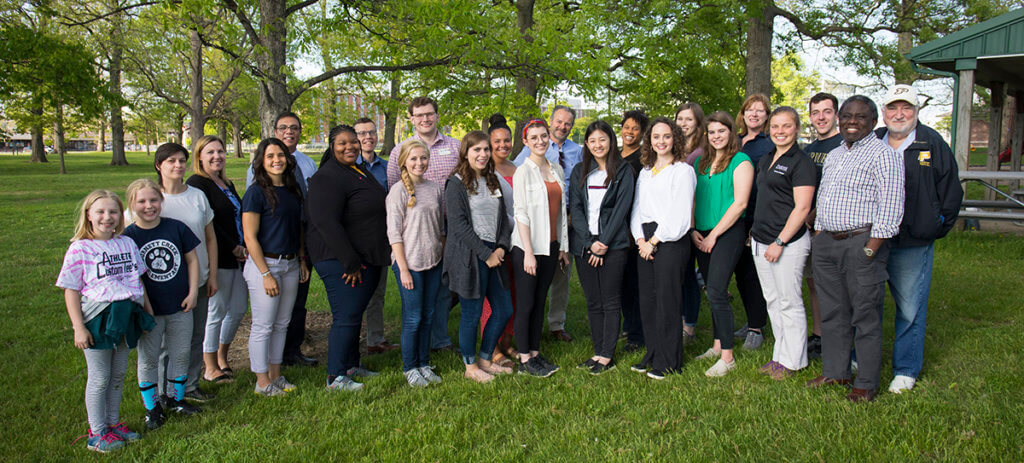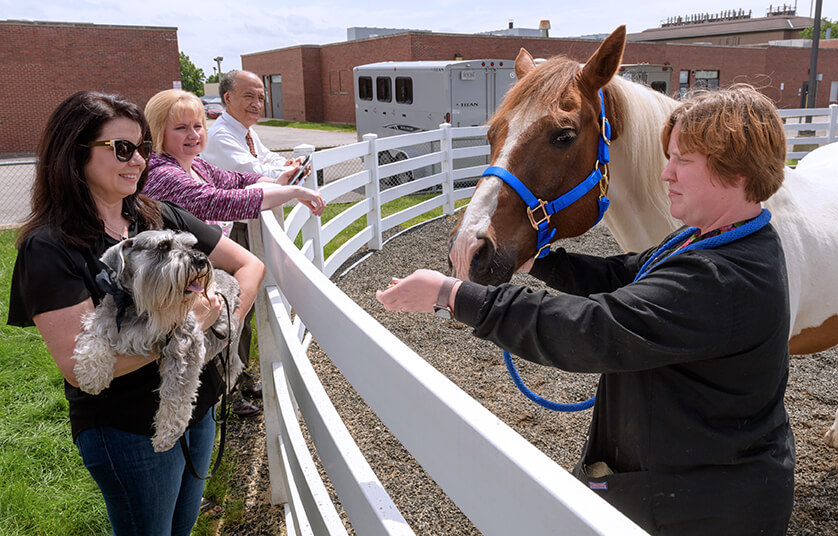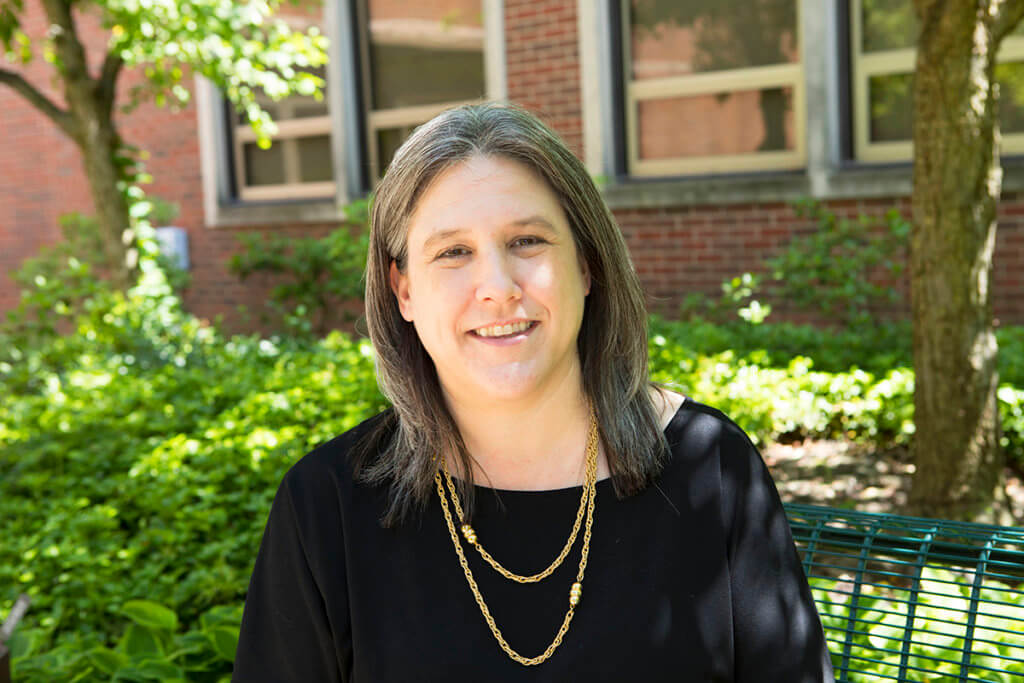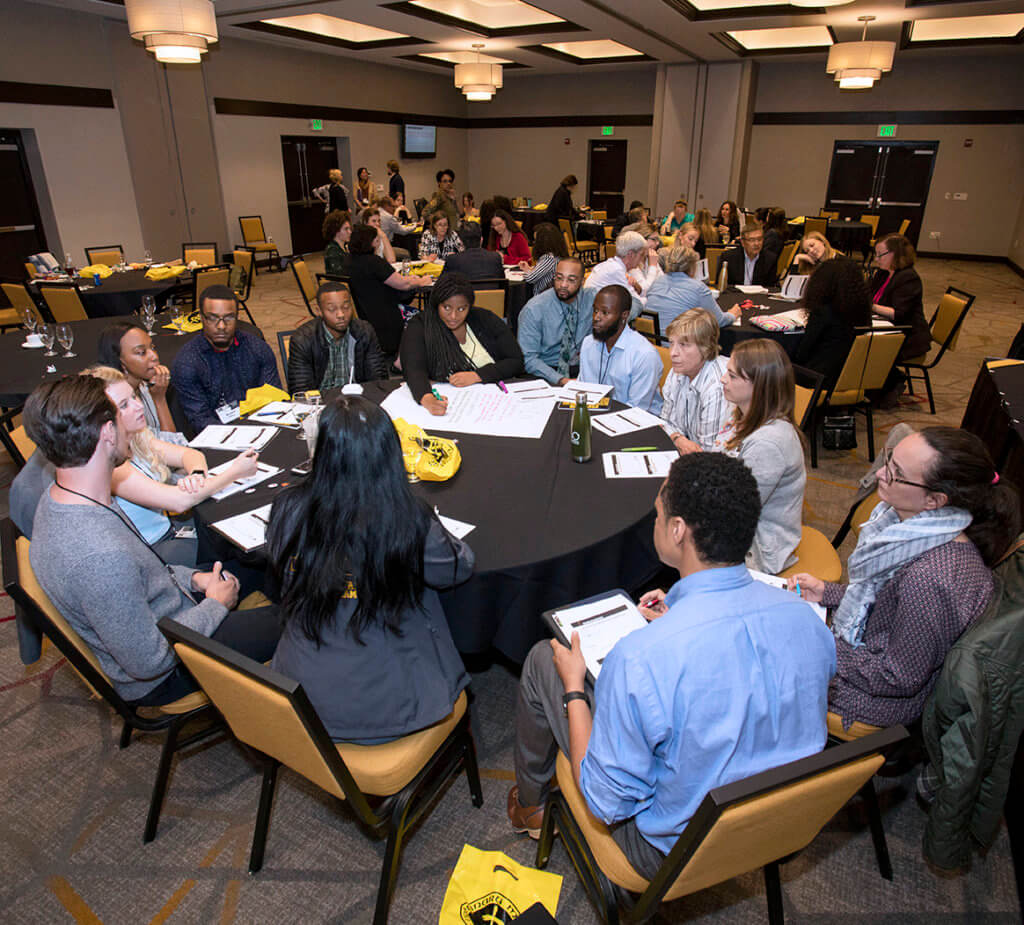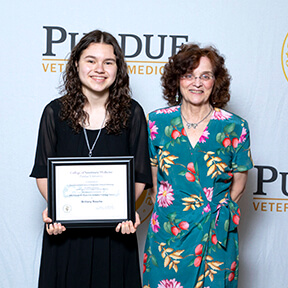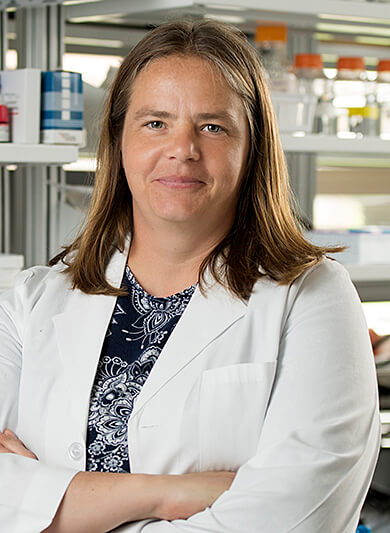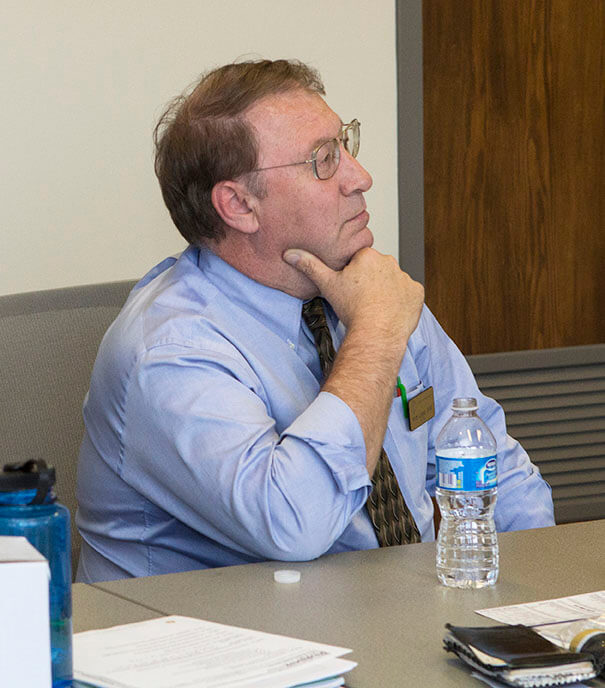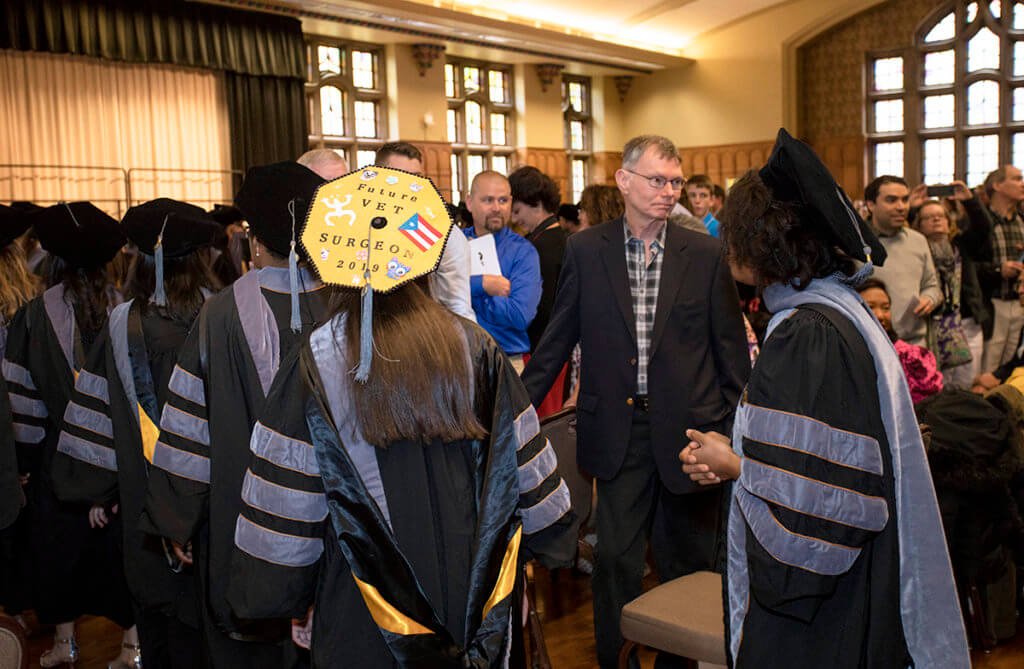Month: May 2019
Summer-style Picnic Kicks-off PVM Summer Research Program for Student Scholars
May 31, 2019
Purdue Veterinary Medicine’s annual Summer Research Program (SRP) is off and running with 15 participants this year, including nine Purdue veterinary students and six undergraduate students from Purdue and four other universities.
Indiana’s Top Dog, Henry Holcomb, Tours Purdue University Veterinary Teaching Hospital
May 31, 2019
The Purdue University College of Veterinary Medicine was graced with the presence of a celebrity last week when the First Dog of Indiana, Henry Holcomb, toured the Veterinary Teaching Hospital with his mom, Indiana First Lady Janet Holcomb.
Veterinary Teaching Hospital Welcomes Social Worker for Client Support Services
May 31, 2019
Jennifer Dehn, LMSW, has joined Purdue Veterinary Medicine family as the new social worker for the Veterinary Teaching Hospital.
CAWS Symposium Focuses on Building Capacity to Advance Animal Welfare Science
May 31, 2019
The 2019 Center for Animal Welfare Science (CAWS) Symposium brought together industry experts in animal welfare science, researchers, and veterinarians, as well as faculty and students from land grant, private, and Minority Serving Institutions of higher education for presentations, working break-out sessions, and information sharing.
Scientists study how service dogs help veterans cope with PTSD
May 29, 2019
To say retired Army Sgt. Carlos Cruz depends heavily on his service dog, Hannah, is an understatement. Cruz was diagnosed with post-traumatic stress disorder after returning from service in northern Afghanistan where he hunted for enemy explosive devices. He acquired Hannah in January 2018 and says he’s thankful for her every day. “It’s amazing what she does […]
New Study Suggests Service Dogs Can Impact Psychosocial Health of Household
May 21, 2019
New data published in The American Journal of Occupational Therapy suggests the impact of a service dog may extend beyond the recipient and have positive impacts on family members as well. This study, funded by Elanco Animal Health Incorporated and conducted by Purdue University College of Veterinary Medicine, is the first of its kind using […]
Graduation Gala Shines Spotlight on Class of 2019
May 17, 2019
On the eve of commencement for Purdue Veterinary Medicine graduates, the College of Veterinary Medicine honored the outstanding achievements of the veterinary and veterinary nursing students in the Class of 2019 at the third annual Graduation Gala.
BMS Faculty-led Research Addresses Challenges Involved in Treating Rotator Cuff Tears
May 17, 2019
Dr. Dianne Little, an assistant professor in Purdue Veterinary Medicine’s Department of Basic Medical Sciences, has been researching rotator cuff tears and how to repair them for several years. A $2.5 million grant from the National Institutes of Health could help her toward a breakthrough in the field.
In Memory: Dr. Keith Kitson (Kit) Logue (PU DVM ’80)
May 17, 2019
The Purdue Veterinary Medicine family is saddened by news that Dr. Keith Kitson Logue, immediate past-president of the Purdue Veterinary Alumni Association, passed away May 6
Oath Ceremony Honors PVM’s Class of 2019
May 17, 2019
Purdue Veterinary Medicine’s newest graduates celebrated commencement Sunday, May 12, with family and friends, first at the Purdue University Commencement Ceremony, and then at the College of Veterinary Medicine Oath Ceremony.

